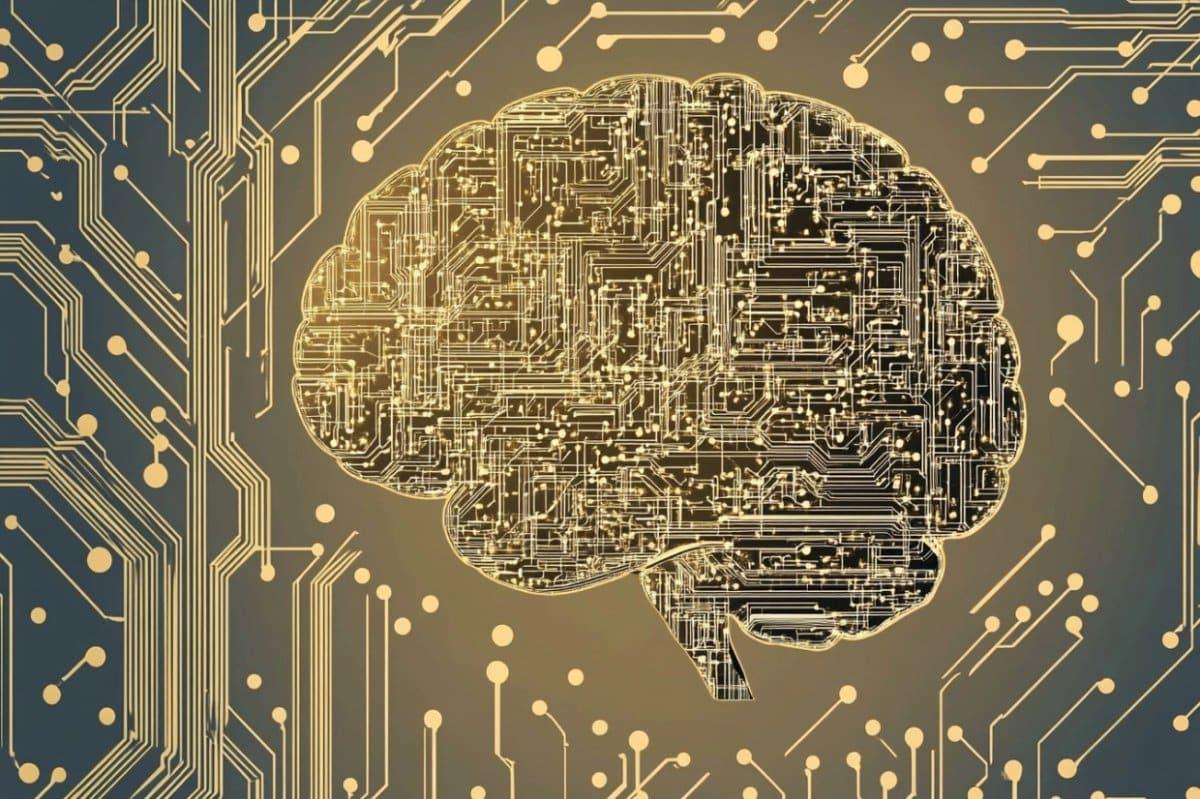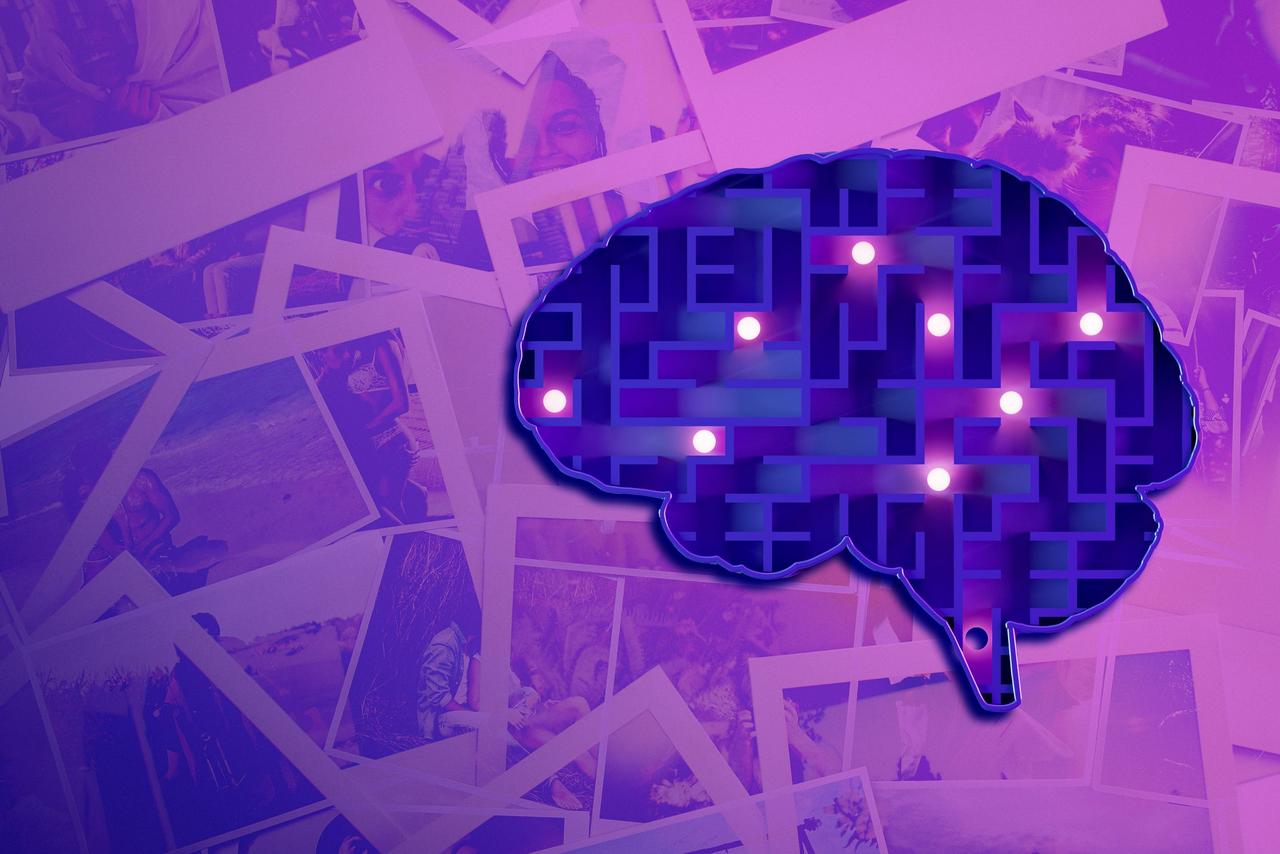Digital Age Reshapes Autobiographical Memory: Opportunities and Challenges
2 Sources
2 Sources
[1]
Autobiographical memory in the digital age: Our lives in the mirror of our data
"One can have very different intuitions about how this increased density of recorded life episodes should be evaluated," explains Dr Fabian Hutmacher, a researcher at the Chair of Psychology of Communication and New Media at Julius-Maximilians-Universität (JMU) Würzburg in Bavaria, Germany. "Some people hope, for example, that we will be able to compensate the weaknesses and to reduce the distortions of human memory in this way. Others are concerned that it will rather create new potential for surveillance and undermining our privacy." As it is so often the case, things are not simply black and white, but require a closer look, says Hutmacher. Together with JMU Professor Markus Appel and Professor Stephan Schwan from the Leibniz-Institut für Wissensmedien Tübingen, he has published an article on autobiographical remembering in the digital age in the journal Psychological Inquiry. The article is intended to provide orientation in this still largely unexplored field of inquiry. Autobiographical Remembering - a Constant Interplay with the Environment The fact that we draw on resources outside our own minds when remembering past events is not an invention of the digital age, but a constant in human history. Already thousands of years ago, people left behind cave paintings and established traditions for the oral transmission of knowledge. And if you're trying to remember your last birthday, for example, you can of course not only use your smartphone, but also look in your paper diary -- if you keep one -- or ask guests who were at the party. "What sets digital resources apart from these other options, however, is not only the aforementioned increased density of recorded life episodes, but also the fact that these digital resources create a searchable database consisting of a combination of different media sources that can often be accessed anywhere at any time," explains Fabian Hutmacher. "Digital resources do not just provide a passive storage, but also make it possible -- using artificial intelligence, for example -- to adjust and rearrange recordings in order to create, among others, digital vacation or wedding albums. This can have a profound impact on how we view past experiences," adds Professor Stephan Schwan, who leads the Realistic Depictions Lab at the Leibniz-Institut für Wissensmedien in Tübingen. But that's not all: Different digital resources are suited for different purposes. For example, quantitative data, such as tracking running distances, heart rate, and sleep cycles, seems particularly suitable for discovering long-term behavioural trends. Other data such as photos and videos, on the other hand, are more likely to be used when it comes to reminiscing or reflecting on past events. A Look into the Crystal Ball: What Does the Future Hold? The increased use of digital data for autobiographical remembering could have both desirable and undesirable consequences in numerous fields of application. For example, there are hopes that digital resources could be used to support people with memory difficulties and dementia in their everyday lives. Similarly, digital recordings could also help to preserve memories that are important to our collective memory, as in the case of witnesses to the Shoah. "The range of digital ways of remembering is becoming broader, just think of virtual and augmented realities," adds Stephan Schwan. At the same time, digital data also offer the possibility of manipulation: Arguably, deepfakes could not only play a role with respect to political actors and events, but also with respect to memories about our own lives. "In most cases, we don't have enough reliable data to draw definite conclusions regarding opportunities and risks yet," summarises Fabian Hutmacher. "Autobiographical memories are an important part of what makes us human. This makes further research in the coming years all the more important." In future studies, Fabian Hutmacher would like to investigate the subtleties of the interplay between recorded data and the memories stored in our minds in even greater detail. The question of how the recorded data can be used and organised in such a way that it helps people to remember their past is also particularly important to him. The Young Academy of the Bavarian Academy of Sciences and Humanities, to which Fabian Hutmacher was admitted at the beginning of 2024, is funding his research.
[2]
Are Digital Memories Enhancing or Altering Our Autobiographical Past? - Neuroscience News
Summary: Digital technology has transformed how we document and recall life experiences, from capturing every moment with photos to tracking our health data on smart devices. This increased density of digital records offers potential benefits, like enhancing memory for personal events or supporting those with memory impairments. However, it also raises concerns, such as privacy risks and the potential for manipulation through technologies like deepfakes. Researchers emphasize the need for further study to understand both the opportunities and risks posed by digital memory aids as they become more integral to how we remember. Just a hundred years ago, most people had - at most - a few photos of themselves and their family. What a difference to today, when we can easily capture every important and unimportant moment - from our child's first step to a visit to a restaurant with friends to a holiday photo on the beach. And of course, the documentation of our lives doesn't end there. Just think of the countless emails and WhatsApp messages we write every day, the experiences we share with others via social media or the data we record on our smartwatches. "One can have very different intuitions about how this increased density of recorded life episodes should be evaluated," explains Dr Fabian Hutmacher, a researcher at the Chair of Psychology of Communication and New Media at Julius-Maximilians-Universität (JMU) Würzburg in Bavaria, Germany. "Some people hope, for example, that we will be able to compensate the weaknesses and to reduce the distortions of human memory in this way. Others are concerned that it will rather create new potential for surveillance and undermining our privacy." As it is so often the case, things are not simply black and white, but require a closer look, says Hutmacher. Together with JMU Professor Markus Appel and Professor Stephan Schwan from the Leibniz-Institut für Wissensmedien Tübingen, he has published an article on autobiographical remembering in the digital age in the renowned journal Psychological Inquiry. The article is intended to provide orientation in this still largely unexplored field of inquiry. Autobiographical Remembering - a Constant Interplay with the Environment The fact that we draw on resources outside our own minds when remembering past events is not an invention of the digital age, but a constant in human history. Already thousands of years ago, people left behind cave paintings and established traditions for the oral transmission of knowledge. And if you're trying to remember your last birthday, for example, you can of course not only use your smartphone, but also look in your paper diary - if you keep one - or ask guests who were at the party. "What sets digital resources apart from these other options, however, is not only the aforementioned increased density of recorded life episodes, but also the fact that these digital resources create a searchable database consisting of a combination of different media sources that can often be accessed anywhere at any time," explains Fabian Hutmacher. "Digital resources do not just provide a passive storage, but also make it possible - using artificial intelligence, for example - to adjust and rearrange recordings in order to create, among others, digital vacation or wedding albums. This can have a profound impact on how we view past experiences," adds Professor Stephan Schwan, who leads the Realistic Depictions Lab at the Leibniz-Institut für Wissensmedien in Tübingen. But that's not all: Different digital resources are suited for different purposes. For example, quantitative data, such as tracking running distances, heart rate, and sleep cycles, seems particularly suitable for discovering long-term behavioural trends. Other data such as photos and videos, on the other hand, are more likely to be used when it comes to reminiscing or reflecting on past events. A Look into the Crystal Ball: What Does the Future Hold? The increased use of digital data for autobiographical remembering could have both desirable and undesirable consequences in numerous fields of application. For example, there are hopes that digital resources could be used to support people with memory difficulties and dementia in their everyday lives. Similarly, digital recordings could also help to preserve memories that are important to our collective memory, as in the case of witnesses to the Shoah. "The range of digital ways of remembering is becoming broader, just think of virtual and augmented realities," adds Stephan Schwan. At the same time, digital data also offer the possibility of manipulation: Arguably, deepfakes could not only play a role with respect to political actors and events, but also with respect to memories about our own lives. "In most cases, we don't have enough reliable data to draw definite conclusions regarding opportunities and risks yet," summarises Fabian Hutmacher. "Autobiographical memories are an important part of what makes us human. This makes further research in the coming years all the more important." In future studies, Fabian Hutmacher would like to investigate the subtleties of the interplay between recorded data and the memories stored in our minds in even greater detail. The question of how the recorded data can be used and organised in such a way that it helps people to remember their past is also particularly important to him. The Young Academy of the Bavarian Academy of Sciences and Humanities, to which Fabian Hutmacher was admitted at the beginning of 2024, is funding his research. Understanding autobiographical memory in the digital age: The AMEDIA-model Recent technological developments have led to an increased density of recorded life episodes. To understand how creating and sharing such immense amounts of data shapes the way individuals remember their past, we propose a model for autobiographical memory in the digital age (AMEDIA-Model) that systematizes the existing literature and sketches avenues for future research. The model views autobiographical remembering in the digital age as the result of the iterative process of combining information stored in the mind and information stored in the environment using high-tech applications. Moreover, the way autobiographical memories are (re-)constructed crucially depends on the way the information has been encoded and curated: Autobiographical remembering in the digital age is not a uniform process but is fundamentally shaped by the technology and the data that is being used. The AMEDIA-Model offers a framework for understanding technology-mediated human cognition in the twenty-first century.
Share
Share
Copy Link
Researchers explore how digital technology is transforming the way we remember and document our lives, highlighting both potential benefits and risks in this evolving landscape of personal memory.

The Digital Revolution in Personal Memory
In an era where our lives are increasingly documented through digital means, researchers are exploring the profound impact of technology on autobiographical memory. Dr. Fabian Hutmacher from Julius-Maximilians-Universität (JMU) Würzburg, along with colleagues Professor Markus Appel and Professor Stephan Schwan, have published a groundbreaking article in Psychological Inquiry, examining the intersection of digital technology and personal recollection
1
.The Density of Digital Life Records
The stark contrast between past and present methods of preserving memories is evident. A century ago, individuals possessed only a handful of photographs. Today, we can effortlessly capture and store countless moments, from significant milestones to mundane daily activities
2
. This shift raises both hopes and concerns about the impact on human memory and privacy.Digital Resources: More Than Passive Storage
What sets digital memory aids apart is not just the volume of data but also its nature. Dr. Hutmacher explains, "Digital resources create a searchable database consisting of a combination of different media sources that can often be accessed anywhere at any time"
1
. Moreover, artificial intelligence can manipulate and rearrange these digital records, potentially altering our perception of past experiences.Varied Applications of Digital Memory Aids
Different types of digital data serve distinct purposes in memory recall:
- Quantitative data (e.g., fitness trackers) helps identify long-term behavioral trends.
- Photos and videos are more suited for reminiscing about specific events.
Potential Benefits and Risks
The researchers highlight several potential applications and concerns:
- Supporting Memory Impairment: Digital resources could assist individuals with dementia or memory difficulties in daily life
2
. - Preserving Collective Memory: Digital recordings may help maintain important historical testimonies, such as those of Holocaust survivors
1
. - Enhanced Realism: Virtual and augmented reality technologies are expanding the ways we can interact with memories
2
. - Risk of Manipulation: The emergence of deepfake technology poses a threat not just to public figures but potentially to personal memories as well
1
.
Related Stories
The Need for Further Research
Dr. Hutmacher emphasizes the importance of continued study in this field: "Autobiographical memories are an important part of what makes us human. This makes further research in the coming years all the more important"
2
. Key areas for future investigation include:- The interplay between digital records and cognitive memory.
- Optimal organization and utilization of digital data for memory enhancement.
Conclusion
As we navigate this new frontier of memory in the digital age, the research conducted by Dr. Hutmacher and his colleagues provides crucial insights. While the potential benefits of digital memory aids are significant, so too are the challenges and risks. As technology continues to evolve, understanding its impact on our autobiographical memories remains a critical area of study, with implications for individual identity, collective history, and the very nature of human experience.
References
Summarized by
Navi
Related Stories
Digital Brain Twins: A New Frontier in Mental Health and Cognitive Care
14 Oct 2025•Health

New Input-Driven Plasticity Model Revolutionizes Understanding of Memory Retrieval in AI
15 May 2025•Science and Research

ChatGPT users grieve as OpenAI retires GPT-4o model, sparking global backlash
13 Feb 2026•Entertainment and Society

Recent Highlights
1
ByteDance's Seedance 2.0 AI video generator triggers copyright infringement battle with Hollywood
Policy and Regulation

2
Demis Hassabis predicts AGI in 5-8 years, sees new golden era transforming medicine and science
Technology

3
Nvidia and Meta forge massive chip deal as computing power demands reshape AI infrastructure
Technology





